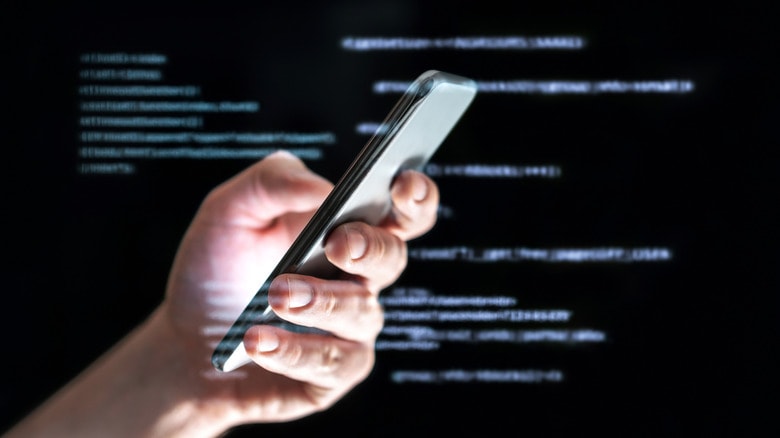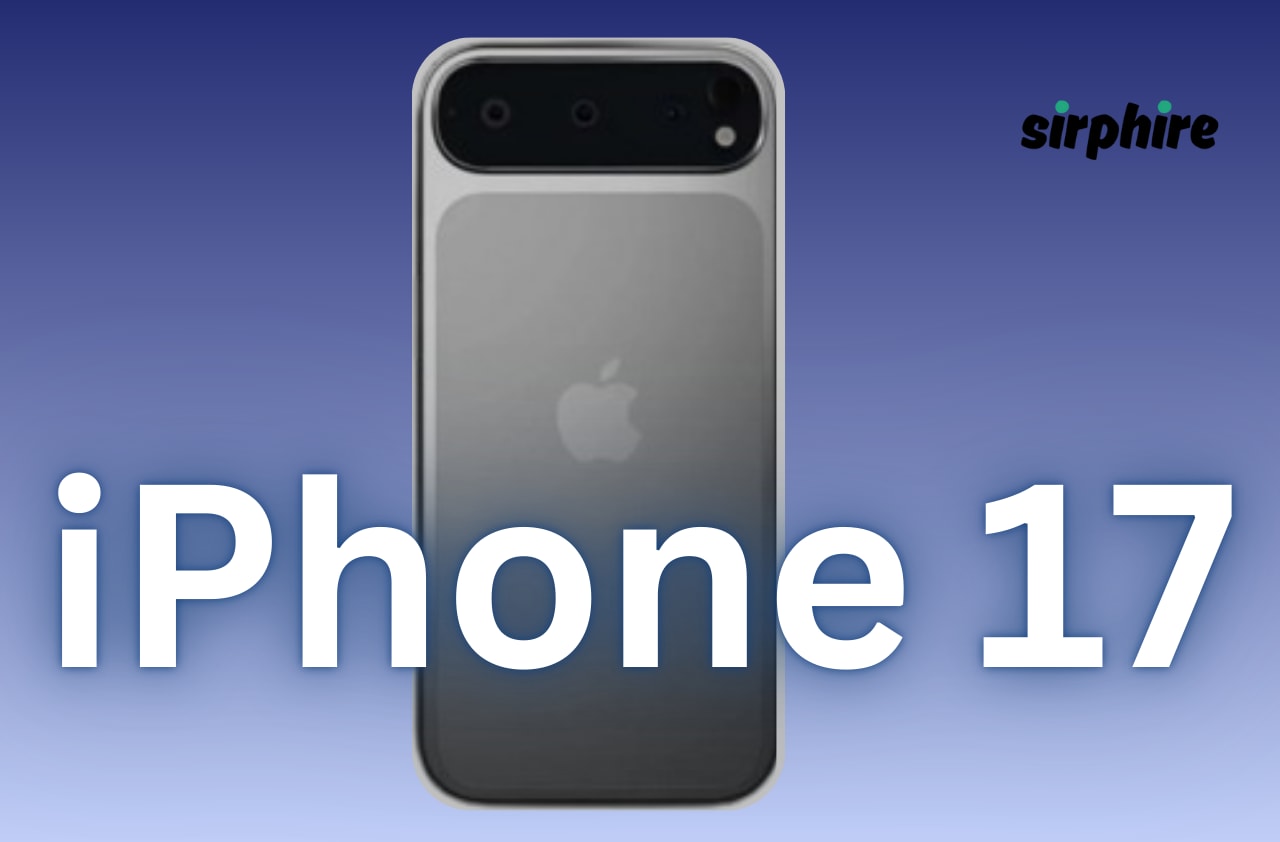Apple offers $2 million reward to anyone who can hack an iPhone
Apple has just announced a security bounty program worth up to $2 million for any hacker or expert who can find a serious vulnerability on the iPhone.
Compared to many technology companies, Apple has traditionally been quite cautious when it comes to rewarding people who discover vulnerabilities on the iPhone. However, the company has just drastically adjusted its bug bounty program to proactively find and fix serious vulnerabilities before they are exploited.
On October 10, Apple increased the maximum reward for an iPhone vulnerability to $2 million, double the previous $1 million; and this amount can increase to $5 million if the vulnerability comes with additional factors, such as bypassing “Lockdown Mode”.

To receive the highest bounty, hackers or researchers must discover vulnerabilities that have the potential to achieve the same goals as sophisticated spyware campaigns.
In addition to the most expensive reward, Apple also increased rewards for many other categories such as Gatekeeper bypass methods are now valued at $100,000, while vulnerabilities that allow unauthorized access to iCloud can be paid up to $1 million.
The company also expanded the scope of the program, adding categories such as WebKit vulnerabilities and wireless-related vulnerabilities, demonstrating its efforts to increase the level of protection for the Apple ecosystem.
Apple's bug bounty program is getting better and better
Over the past five years, Apple has paid out more than $35 million in bounties to more than 800 white hat hackers and security researchers through its bug bounty program. The company says it is working to make the program more transparent, attractive, and efficient, including shortening the time it takes to reward valid discoveries.
According to Apple, one of the notable improvements is the introduction of a new mechanism that allows researchers to objectively demonstrate exploits for major reward categories such as remote code execution or bypassing Transparency, Consent, and Control (TCC). Reports with this mechanism will be processed and rewarded faster, even before an official patch is released.
The move represents a major shift in Apple’s approach to the security community. Before 2020, when Apple’s bug bounty program officially launched, the relationship between the company and researchers was quite tense, with many complaining about the lack of response to vulnerability reports.

Now, Apple has transformed its bug bounty program from nothing into one of the most comprehensive and valuable in the tech industry. The company says an upgraded version of the program will officially launch next month, expanding more categories and making it more accessible to the global security community.
Apple's war with sophisticated spyware
In the latest announcement, the phrase “sophisticated mercenary spyware attacks” was emphasized by Apple when referring to the $2 million bounty, the highest level in the bug bounty program. This is not only an invitation to security experts, but also reflects Apple’s continuous efforts to strengthen the iPhone’s defenses against increasingly dangerous cyber espionage campaigns.
In recent years, spy tools like Pegasus, developed by Israeli tech firm NSO Group, have reached a worrying level of sophistication. They can infiltrate iPhones without any user interaction, exploiting zero-day vulnerabilities to monitor text messages, emails, photos, and other sensitive data. The first version of Pegasus only required users to click an SMS link, but later versions could even install themselves without interaction, rendering all traditional security measures useless.
Apple has been patching vulnerabilities exploited by NSO Group for years, but the cat-and-mouse war has not ended. In 2021, the company decided to sue NSO Group, accusing the company of “tracking and targeting Apple users” with commercial spyware.
At that time, Craig Federighi, Apple's senior vice president of software, asserted: "Apple devices are the most secure consumer hardware on the market, but companies developing state-sponsored spyware pose a serious threat to users' privacy."
Although Apple withdrew the lawsuit in 2024 due to concerns about revealing sensitive security information, the case still shows the company's strong commitment to fighting spyware, and explains why Apple is willing to spend millions of dollars to patch vulnerabilities that could threaten the safety of iPhone users worldwide.
iPhone 17 is equipped with new security tools against spyware
In addition to expanding its bug bounty program, Apple is also enhancing the iPhone’s defenses against increasingly sophisticated cyber threats. On the iPhone 17 series, the company introduced a new security feature called “Memory Integrity” (MIE) - described as “the biggest memory safety upgrade in the history of consumer operating systems”.
According to Apple, MIE prevents malicious code from being injected into the system by only allowing trusted code to run in protected memory areas. Most spyware today exploits memory security vulnerabilities, and MIE is designed to plug this vulnerability at the source. The company said the feature has been in development since 2020 and is now built into the entire iPhone 17 line as well as the iPhone Air by default.

In the accompanying technical report, Apple asserts that MIE is powerful enough to make developing an attack tool targeting the iPhone 17 extremely expensive and complicated. The company representative confidently said that MIE will "break many of the most effective exploitation techniques over the past 25 years, completely redefining the concept of memory security on mobile devices."
Combining new hardware security features and an expanded bug bounty program, Apple shows that it is gradually strengthening the iPhone's position as one of the world's most secure mobile devices./.
